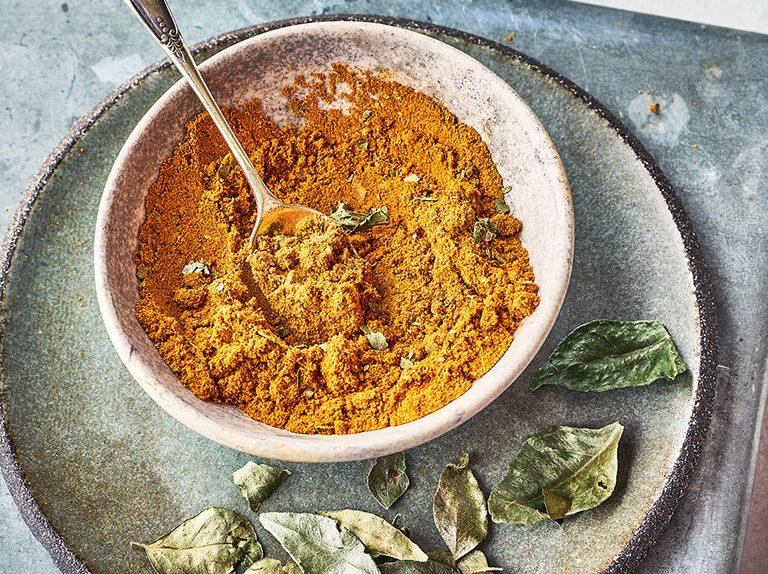The Benefits of Curry Spice: A Flavorful Boost to Your Health

Curry spice is renowned for its rich flavor and vibrant color, often serving as the cornerstone of various Asian and Middle Eastern cuisines. However, beyond its culinary appeal, curry offers an impressive range of health benefits. Its unique blend of spices, which often includes turmeric, cumin, coriander, ginger, and chili peppers, makes it a powerhouse of nutrients and bioactive compounds. In this article, we will explore the key health advantages of curry spice and why incorporating it into your diet can be a smart move.
One of the most notable health benefits of curry spice comes from turmeric, a key ingredient in many curry blends. Turmeric contains curcumin, a compound known for its potent anti-inflammatory effects. Chronic inflammation is linked to various health issues, including arthritis, heart disease, and cancer. Studies have shown that curcumin can help reduce inflammation at the molecular level by blocking the molecule NF-kB, which is responsible for triggering inflammatory responses in the body.
Curry spice is loaded with antioxidants, which help neutralize harmful free radicals in the body. Free radicals can cause oxidative stress, a condition linked to aging and various chronic diseases. Spices such as cumin, coriander, and ginger are rich in compounds that provide antioxidant protection, supporting overall cellular health and reducing the risk of disease.

Many spices in curry, such as ginger and cumin, have long been used to promote digestive health. Ginger helps stimulate digestive enzymes, easing the breakdown of food and promoting efficient nutrient absorption. Cumin is known for its carminative properties, which help reduce bloating and gas. Additionally, the fiber content in many curry dishes aids in maintaining a healthy digestive system.
Several ingredients in curry spice have been linked to improved cardiovascular health. For instance, curcumin in turmeric can help improve the function of the endothelium, the lining of blood vessels, thereby reducing the risk of heart disease. Furthermore, the capsaicin in chili peppers may help lower blood pressure and improve blood circulation. Spices like coriander have also been shown to lower cholesterol levels, contributing to a healthier heart.
Capsaicin, found in chili peppers, is a compound known to boost metabolism and promote fat burning. Research indicates that consuming spicy foods can temporarily increase the metabolic rate, helping the body burn more calories. Additionally, the fiber content in many curry dishes helps promote a feeling of fullness, which can prevent overeating.

Curcumin in turmeric has been studied for its potential role in improving brain function and reducing the risk of neurodegenerative diseases like Alzheimer’s and Parkinson’s. Curcumin crosses the blood-brain barrier and has been shown to increase levels of brain-derived neurotrophic factor (BDNF), a type of growth hormone that promotes the survival and growth of neurons.
Spices like cinnamon and fenugreek, often included in curry blends, are known for their blood sugar-lowering effects. These spices improve insulin sensitivity and help regulate glucose levels, making curry spice a beneficial addition for individuals managing diabetes or those at risk of developing the condition.
Curry spices contain various compounds with antimicrobial, antiviral, and antifungal properties. For example, garlic and ginger, often used in curry recipes, have long been recognized for their immune-boosting effects. Regular consumption of these spices can help the body fend off infections and illnesses more effectively.
Adding curry spice to your meals is easy and versatile. Here are a few ideas to help you get started:
Curry spice is much more than just a flavorful addition to your favorite dishes. Its blend of powerful spices provides a wide range of health benefits, from reducing inflammation and boosting heart health to improving brain function and aiding in weight loss. Incorporating curry spice into your diet is an easy and delicious way to enhance both your meals and your well-being. So the next time you reach for your spice rack, consider adding a dash of curry to your cooking—your body will thank you for it.




